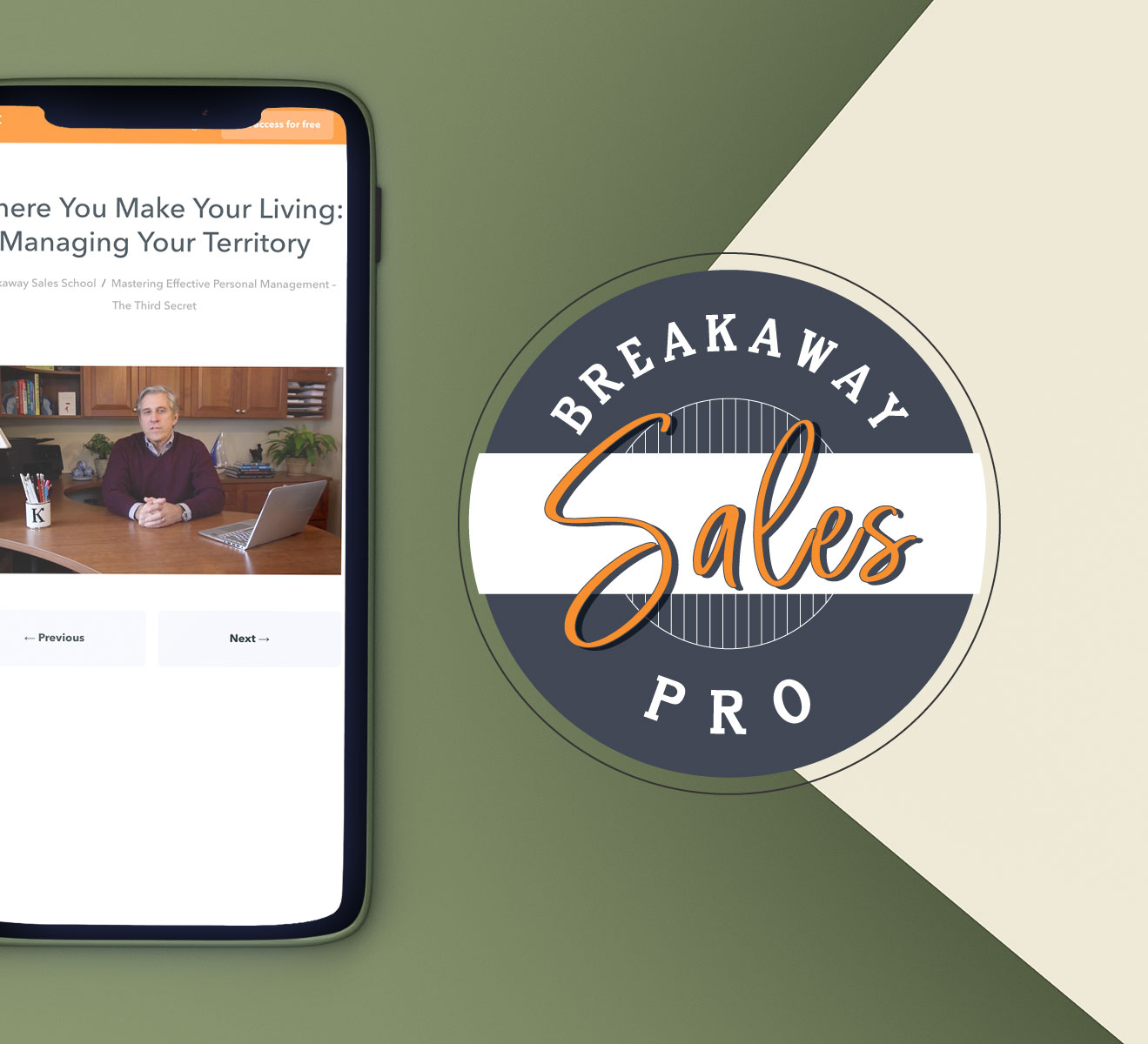Before you make any sales call you must know precisely what you are closing for. Every call must close for something. This provides a way to measure your performance. Did I close for what I wanted, or not?
The close is the easiest part of the call, although people who do not understand selling would call it the hardest. By now, you are getting obvious buying signals. If they are not obvious, you have work left to do. Perhaps an undiscovered objection is lurking in the bushes. A fail-safe way to flush things out of the bushes is to seek agreement with one last summary of the benefits. Then ask, “Before I go further, is there anything on your mind that we may have missed?” This is a clearing question, getting everything on the table. You’ve earned the right to ask, the prospect is ready, and the process is free and easy from here forward.
I like an assumptive close. This approach has no trace of confrontation. It is like asking a friend what movie he or she wants to see tonight. It already assumes that you are going. Closing is just that simple and just that natural. Always be prepared for additional objections, but at this point, any objection usually has to do with the terms of the deal and is not about the deal itself. In fact, it’s really not an objection at all, but negotiating, which when handled with grace and empathy will always leads to the order.
But the whole idea is to know exactly what stage of the sale process that you are in. If the survey call leads to the demonstration and presentations as the next step, then close for that. Closing does not mean that you are always getting an order. Closing advances your sales process, the next step in your sequence. Each close is the successful completion of the stage. Now you march forward to the ultimate close … the order!



